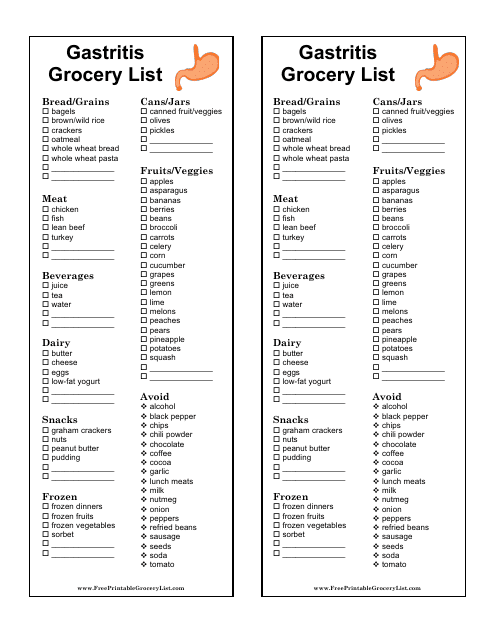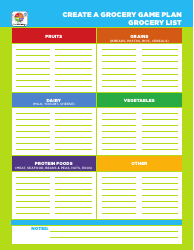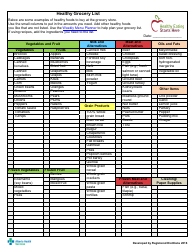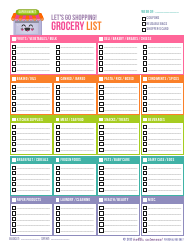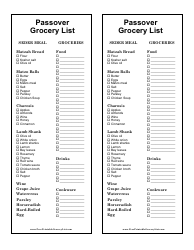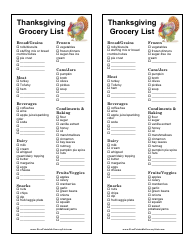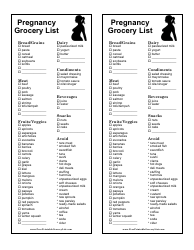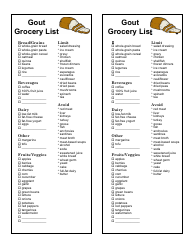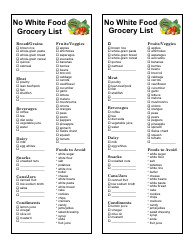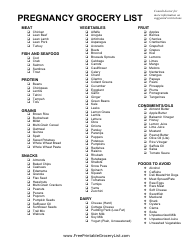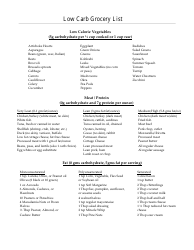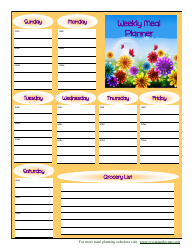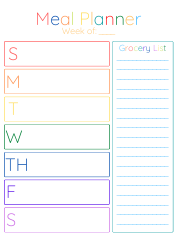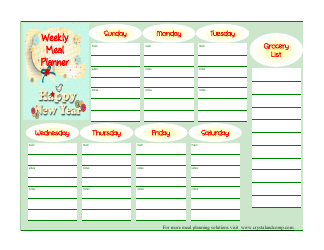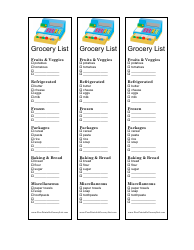Gastritis Grocery List Template
The Gastritis Grocery List Template is a tool that helps people with gastritis plan their meals and make healthier food choices. It provides a list of foods that are recommended for individuals with gastritis to consume, while also suggesting foods to avoid. This template can be used as a guide when grocery shopping to ensure that those with gastritis are purchasing foods that are gentle on the stomach and promote healing.
FAQ
Q: What is gastritis?
A: Gastritis is the inflammation of the stomach lining.
Q: What can cause gastritis?
A: Gastritis can be caused by factors such as excessive alcohol consumption, prolonged use of nonsteroidal anti-inflammatory drugs (NSAIDs), infection with the bacteria Helicobacter pylori, and stress.
Q: What are the symptoms of gastritis?
A: Symptoms of gastritis include abdominal pain, nausea, vomiting, indigestion, and bloating.
Q: What foods should I avoid if I have gastritis?
A: Foods to avoid if you have gastritis include spicy and acidic foods, fatty and fried foods, caffeine, alcohol, and carbonated beverages.
Q: What are some recommended foods for gastritis?
A: Recommended foods for gastritis include high-fiber foods, such as fruits, vegetables, and whole grains, lean proteins, like chicken and fish, and low-fat dairy products.
Q: Is there a specific grocery list template for gastritis?
A: There is no specific grocery list template for gastritis, but you should focus on buying foods that are gentle on the stomach and avoid triggers that can worsen symptoms.
Q: Are there any over-the-counter medications for gastritis?
A: There are over-the-counter medications, such as antacids, that can help relieve symptoms of gastritis, but it is important to consult with a healthcare professional for proper diagnosis and treatment.
Q: Is gastritis a chronic condition?
A: Gastritis can be acute or chronic. Acute gastritis typically resolves on its own or with treatment, while chronic gastritis may require long-term management.
Q: Can gastritis be prevented?
A: Gastritis can be prevented by avoiding triggers, such as alcohol and NSAIDs, maintaining a healthy diet, managing stress levels, and treating underlying conditions, such as H. pylori infection.
Q: When should I see a doctor for gastritis?
A: You should see a doctor if you experience persistent or severe symptoms of gastritis, if symptoms worsen or don't improve with self-care measures, or if you have any concerns about your digestive health.
